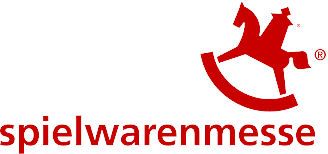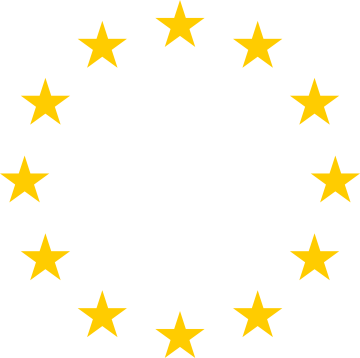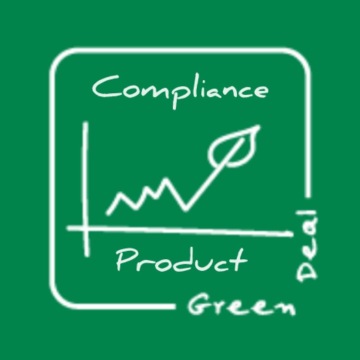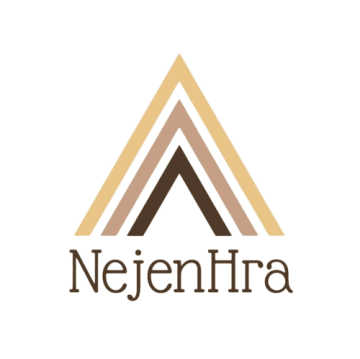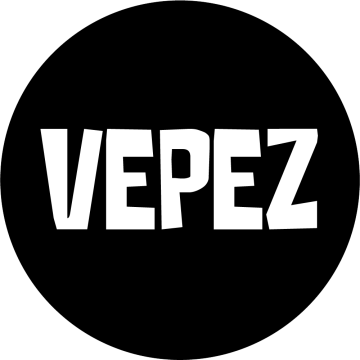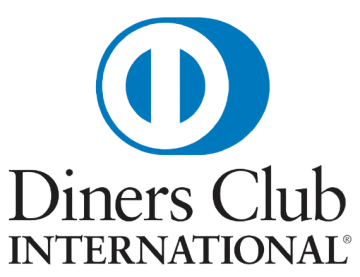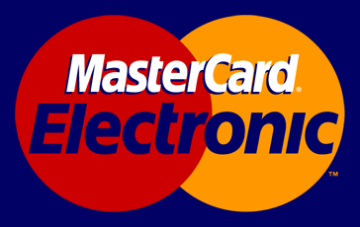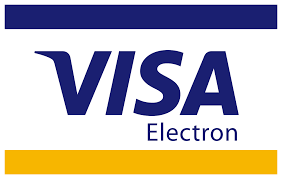Transition to circular economy
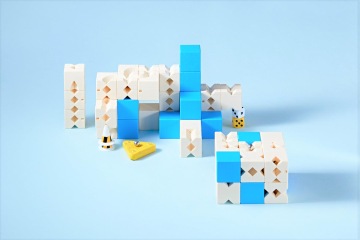
The topic of circular economy is an increasingly common topic for producers of anything.
The goal is:
- use the raw material as much as possible and produce a minimum of waste during production, thus saving energy and the environment,
- use materials from renewable sources, of biological origin, and biodegradable where possible,
- design products so that they have the longest possible life cycle and thus again save the environment and energy,
- produce only quality products, in other words, no scrap,
- provide take-back - if the user no longer needs the product, he/she can send it back to the manufacturer at the manufacturer's expense, and the manufacturer will take care of further use of the product, within the circular economy.
The last point is a very key point. If we don't throw things away just because we don't need them anymore, we can greatly prolong their life cycle. They can continue to serve someone who needs them, instead of ending up in a waste incinerator. Imagine a situation where a product ends up with another customer instead of in a waste. No CO2 is generated by combustion, or the production of a new product for another customer. There will be no need for new material and energy to produce the product for a new customer. It is a cascade of causes and effects that can stop the open harmful cycle, that we have become accustomed to as humans in the past, and which leads to the destruction of our environment.
We follow all the above points and apply them in practice. We use more than 98% raw material in the production of the KODA magnetic ball track. The modern 3D printing technology we use makes this possible. The remaining two percent represent technological elements ensuring production with 0% of scrap. The remaining two percent can be recycled and reused for further production. The material we use is of biological origin and is degradable in nature. Our products are designed to be very durable and strong, so we can afford to provide a lifetime warranty on our products.
Prague | 22.3.2021 | Jiri Capek
